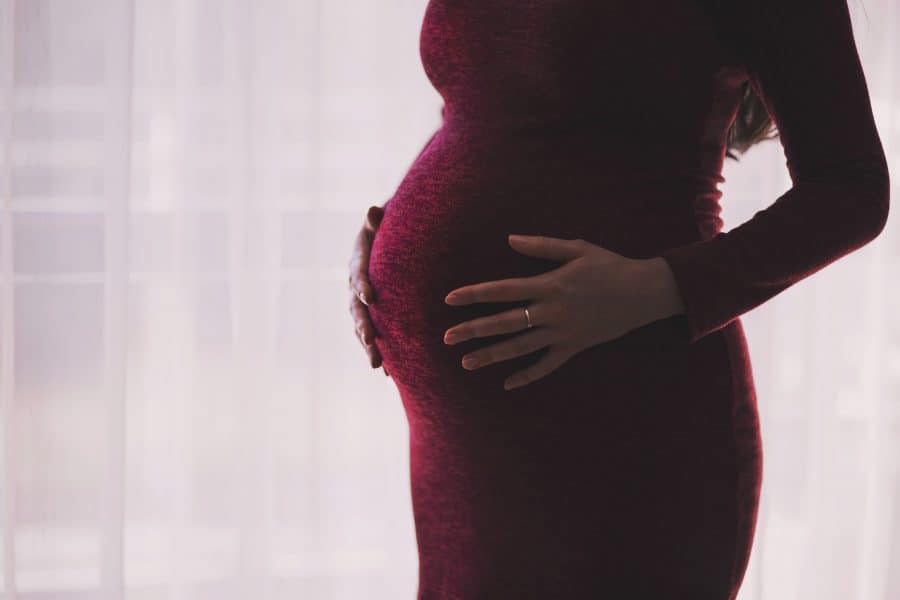A Supreme Court Victory for Pregnant Employees
We have been watching the case of Young v. UPS for some time now. UPS refused to provide its pregnant employees who had physically demanding jobs with light duty work. The Plaintiff in this case was a delivery driver and was required to lift up to 70 pounds. When she became pregnant, her doctor told her not to lift more than 20. She requested a light duty assignment to accommodate her doctor’s orders and UPS refused. Young decided to file suit after she noticed that UPS gave light duty assignments to lots of other categories of non-pregnant employees, including those with on-the-job injuries or even those who had lost their DOT certifications. Young understandably wondered why UPS could not make another category for pregnant women and contended that it was discriminating by not doing so.
UPS contended that its policy was not discriminatory because the categories of those who qualified for light duty were gender neutral. Young argued that pregnancy should be accommodated across the board. The Supreme Court didn’t buy either argument but, instead, held that a plaintiff alleging the denial of an accommodation may under the Pregnancy Discrimination Act’s second clause may make out a prima facie case by showing that she belongs to the protected class, that she sought accommodation, that the employer did not accommodate her, and that the employer did accommodate others ‘similar in their ability or inability to work.’
Employees will of course have a chance to allege a non-discriminatory reason for their actions, but the court set a pretty high bar for employers explaining that reasons claiming cost or inconvenience would not suffice.
Unlike the Americans with Disabilities Act, the Pregnancy Discrimination Act does not require an employer to accommodate an employee. And, being pregnant, without more, does not automatically render one disabled. But the Pregnancy Discrimination Act does mandate that pregnant employees be treated the same as non-pregnant employees and the Supreme Court’s decision last week extends that obligation to the world of light duty offerings.
A good decision for pregnant employees but an issue that never should have needed to go all the way to the Supreme Court to be decided. Interestingly, UPS changed its own policy months before the decision and began offering pregnant women the same light duty opportunities offered to others. Better late than never.



